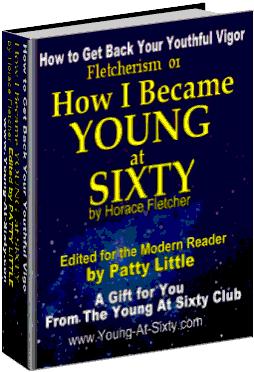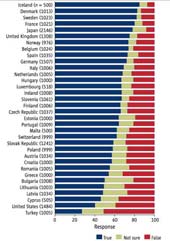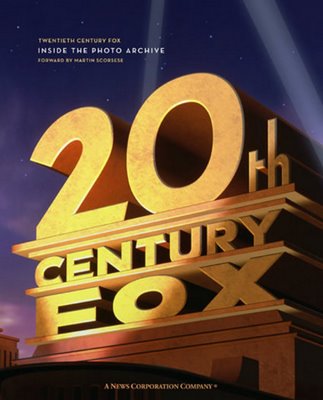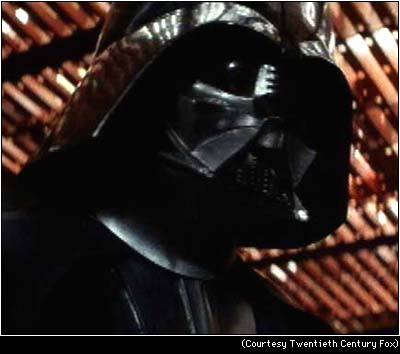We the Baby Boomers ....at 60

Sixty, sixties
Mick Jagger is 63. Paul McCartney is 64. And now George W. Bush and Bill Clinton too have reached the magic treshold, both having turned 60 this summer. It has been noted by many that a notorious generation is gradually moving on to the autumn of its existence in our ‘valley of tears under the moon’, as my grandfather once called it.
Symbolically it is perhaps apt that we remind ourselves who we are at 60 as a generation which so much cherishes everything ‘sixties’ - indeed - as a source of magic remembrance and of an undiminished belief in a better future.
Education and prosperity
One commentary pointed out that never in recorded history one single generation has been so well educated and so prosperous as the generation that came out of the rubbles of WW II (*). And it serves as yet another – symbolic – irony that it has been our generation too which invested so much energy first of all to challenge the world order that was being (re)built to produce this education and wealth.
We vigorously wanted to change our world; our dream was to eradicate every single authority and all the bossiness that history had erected to secure the orderly conduct of human affairs and to safeguard what we considered highly rigid values and codes of conduct dominating the style and tone of the society in which we were born. We came a long way to change all this indeed, but we also set out to enjoy with equal vigour the seemingly boundless fruits of our heritage (and what we progressively made of it) in an unprecedented way.

1963: Bill Clinton and John F. Kennedy
The icons of our age
Many symbols accompany the shared memory of our generation and many icons can be found along the road of our lives’ history: noisy youngsters on motorbikes, the Cuban Revolution, Dallas 22 November 1963 and its aftermath, The Beatles, Paris 1968, Anti-Vietnam protests, HAIR and flower power, new democracy and social experimentation. To a large extent all of us are the children of John F. Kennedy, and Winston Churchill is our grandfather.
In the end, most of us focused on the need of a good career and the dreams of our youth regressed or they transformed into other pursuits such as the development of new management concepts, progressive government policies, new fashion and architecture, new institutions. Subsequent generations have already made their own mark or are finding their way to do so.
Our generation in the balance
We all now wish to be happy grandparents, and some have already reached this blessed situation. The great – last – challenge we face is to achieve that other emerging guiness record: a healthy and vital old age.

I am well aware that much of the achievement of our generation is the result, directly or indirectly, of the silver spoon with which we were born. Our wealth, our education and our health – all of this would have been unthinkable without the efforts – and sacrifices - of our own parents and their generation. And yes, some sacrifices were made in our generation too, most notably by those who were sent out to Vietnam.
But otherwise, our generation is a generation of great enjoyment, of unprecedented leasure and entertainment. One could say: well, yes – but they are a great value of life, and happiness is a fundamental human pursuit.
Not their utopia
Still, we developed our life style of enjoyment – and massive consumption – at a cost. Let’s not forget. In our Western world we deliberately created a paradise of entertainment beyond imagination, exploiting every capacity of our environment that we could extract.
And however prosperous our world may appear, it does not resemble any of the utopia's conceived in human history. In the eyes of many, particularly in the non Western world, we have created not a paradise but a horror story of mass depletion. We are essentially leaving it to the next generation to solve the great dilemma that has already become apparent. Bush at 60 may scoff at Climate Change, but if he is still alive at 80 and then has difficulty to breathe fresh air, he should not complain.
Bot otherwise, nearing 60, I do not complain. Whatever downsides I too can see, I will always tell my story of the sixties and beyond as a tale of adventure, inspiration and progress. And may it so be.
-----
(*) And perhaps never in history so much wealth followed a period of so much devastation.






